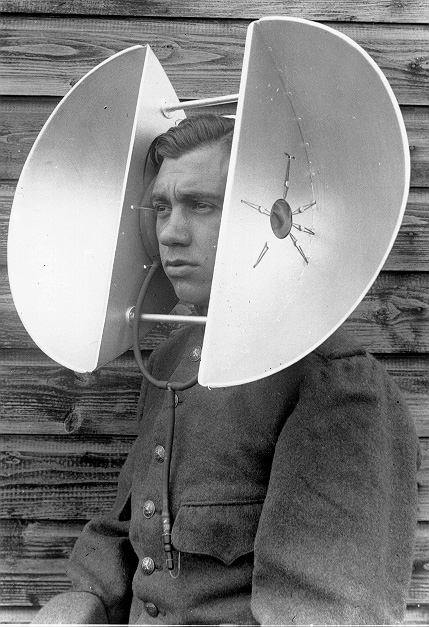I’ve always traced the War on Drugs in the U.S. to the Nixon Administration, but British journalist Johann Hari, author of the new book Chasing the Scream, dates it to the end of Prohibition, particularly to bureaucrat Harry Anslinger, who later mentored Sheriff Joe Arpaio of Tent City infamy. He also reveals how intertwined crackdown was (and is) with racism. No shocker there.
The so-called War has been a huge failure tactically and financially and has criminalized citizens for no good reason. All the while, there’s been a tacit understanding that millions of Americans are hooked on Oxy and the like, dousing their pain with a perfectly legal script. These folks are far worse off than pot smokers, who are still afoul of the law in most states. I’m personally completely opposed to recreational drug use, but I feel even more contempt for the War on Drugs. It’s done far more harm than good.
Matthew Harwood of the ACLU interviews Hari at Medium. The opening:
Matthew Harwood:
So Chasing the Scream, what’s with the title?
Johann Hari:
The most influential person who no one has ever heard of is Harry Anslinger, the man who invented the modern War on Drugs — way before Nixon, way before Reagan. He’s the guy who takes over the Federal Bureau of Prohibition just as alcohol prohibition is ending. So, he inherits this big government department with nothing to do, and he basically invents the modern drug war to give his bureaucracy a purpose. For example, he had previously said marijuana was not a problem — he wasn’t worried about it, it wasn’t addictive — but he suddenly announces that marijuana is the most dangerous drug in the world, literally — worse than heroin — and creates this huge hysteria around it. He’s the first person to use the phrase “warfare against drugs.”
But he was driven by more than just trying to keep his large bureaucracy in work. When he was a little boy, he grew up in a place called Altoona in Pennsylvania, and he had this experience that really drove him all his life. He lived near a farmer and his wife, and one day, he goes to the farmhouse, and the farmer’s wife was screaming and asking for something. The farmer sent little Harry Anslinger to the local pharmacy to buy opiates — because of course opiates were legal. Harry Anslinger hurries back and gives the opiates to the farmer’s wife, and the farmer’s wife stops screaming. But he remembered this as this foundational moment where he realized the evils of drugs, and he becomes obsessed with eradicating drugs from the face of the earth. So I think of him as chasing this scream across the world. The tragedy is he created a lot of screams in turn.
It leads him to construct this global drug war infrastructure that we are all living with now. We are all living at end of the barrel of Harry Anslinger’s gun. He didn’t do it alone — I’m not a believer in the “Great Man Theory of History.” He could only do that because he was manipulating the fears of his time. But he played a crucial role.
Matthew Harwood:
We here at the ACLU look at the drug war and see that it has a disproportionate impact on communities of color. You find, however, that this war was pretty racist from the beginning.
Johann Hari:
If you had said to me four years ago, “Why were drugs banned?” I would have assumed it for the reasons people would give today — because you don’t want kids to use them or you don’t want people to become addicted. What’s striking when you look at the archives from the time is that almost never comes up. Overwhelmingly the reason why drugs are banned is race hysteria.•


